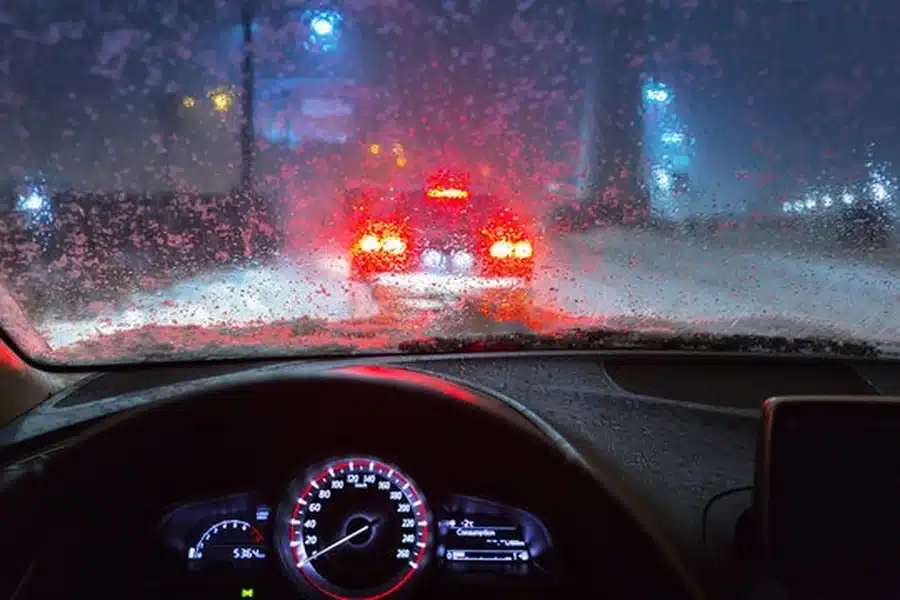Being able to drive is often synonymous with freedom, independence, and adulthood. But for many Black Americans, that freedom comes with a constant undercurrent of fear, not of accidents or traffic jams, but of flashing blue lights and the uncertainty that follows. Racial profiling by police is not a new phenomenon, but its presence on America’s roads remains deeply rooted and disturbingly persistent. If this has happened to you, don’t hesitate to contact a police misconduct attorney los angeles. From unnecessary stops to aggressive questioning, many Black drivers share stories that speak to a painful reality: sometimes, the only reason you’re pulled over is because you’re Black.
The Numbers Don’t Lie
Let’s start with the facts. Numerous studies have confirmed that Black drivers are stopped more frequently than white drivers, despite committing fewer traffic violations. A Stanford University study analyzing nearly 100 million traffic stops revealed that Black drivers were more likely to be pulled over and searched, even though white drivers were statistically more likely to have contraband. Another study from the Bureau of Justice Statistics found that Black drivers were about 20% more likely than white drivers to be pulled over in any given year.
These numbers are not just statistics. They translate to anxiety, trauma, and sometimes, fatal encounters. Every traffic stop for a Black driver carries a heavier weight, one that no citation can quantify.
“Driving While Black”: A Shared Yet Unspoken Experience
“Driving While Black” has become a widely recognized phrase. It encapsulates the common experience of being treated as suspicious for simply existing in a car. For many, it starts with the seemingly innocuous things: getting followed by a squad car for miles, being stopped for a minor infraction like a broken tail light or a license plate frame, or being asked where you’re going or why you’re in a certain neighborhood.
These stops may begin with “routine” explanations, but they often escalate, especially if the driver questions the reason for the stop or appears nervous. And who wouldn’t be nervous? In recent years, the deaths of Philando Castile, Sandra Bland, and countless others have underscored just how quickly a stop can spiral into tragedy.
The Psychological Toll
Beyond the immediate danger, there’s an emotional cost. The constant awareness of how one appears to law enforcement can be mentally exhausting. It affects how people dress or speak, their routes, and whether they feel safe driving. Many Black drivers report “preparing” themselves mentally before heading out, rehearsing what to say if pulled over, or keeping documents visible and hands on the wheel at all times — not just to comply, but to survive.
This hyper-vigilance isn’t paranoia. It’s a rational response to a system that has repeatedly demonstrated that skin color can determine how you’re treated in a traffic stop.
Is It About Safety — Or Control?
Law enforcement agencies often defend these stops by citing safety, suspicion of criminal activity, or the enforcement of minor traffic laws. But critics argue that these justifications are often thin veils for racial bias, conscious or not. When Black drivers are disproportionately targeted, it’s not just about public safety; it’s about a broader pattern of surveillance and control.
Worse still, these stops can become gateways to further legal entanglement. A traffic stop for a rolling stop sign can lead to searches, detentions, or arrests unrelated to the initial reason for being pulled over.
What Can Be Done?
Reforming police training and enforcing body camera policies are steps in the right direction, but systemic change requires more than policies. It requires accountability, transparency, and a commitment to equity in law enforcement.
Because of local community activism, legal suits, and public campaigns, police in certain cities have started banning pretextual stops and are now required to log the race of stopped individuals. A lot still needs to change, and as things stand, many African American drivers face rules on the road that appear to vary depending on their appearance.
Know Your Rights — and When to Seek Help
If you think you are a victim of racial profiling, document the interaction safely. Make note of when it happened, where it happened, your badge number, and the information exchanged. When you think your rights have been broken, it is important to file a complaint with the department and also seek the help of an experienced civil rights or traffic violation attorney.
When police stop someone just because of race, they are breaking the individual’s constitutional rights. A lawyer can guide you in making legal decisions, including contesting a citation, making a formal complaint, or choosing a different legal action.
Conclusion
Many people use driving in their daily activities. Still, for many Black Americans, they have to carry an extra weight of suspicion and worry. Police often engaging in racial profiling during traffic stops is a current problem, not something from the past. Understanding the problem is the basic requirement for improvement. Speak up if you feel your rights have been broken during a stop by the police. Speak to a police misconduct attorney and understand your rights, since often the first step in change is to stand up for yourself.




